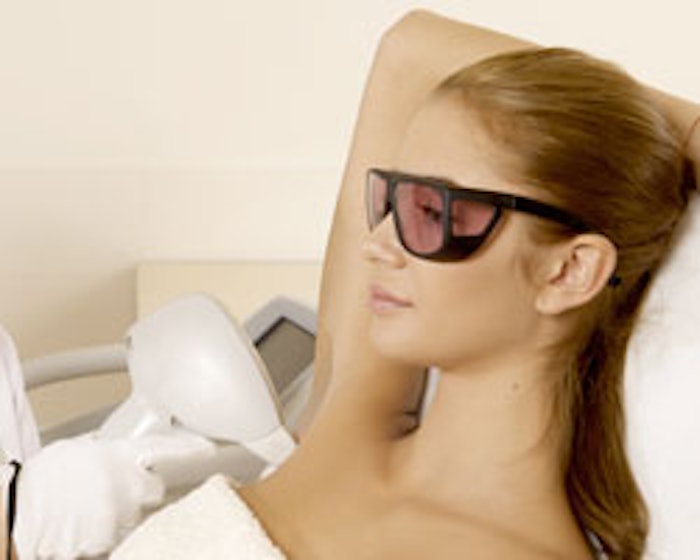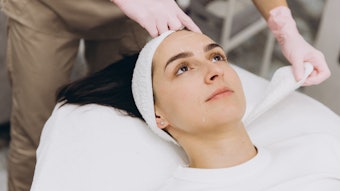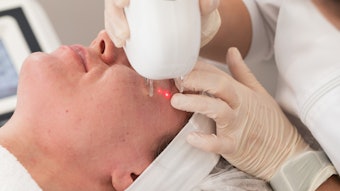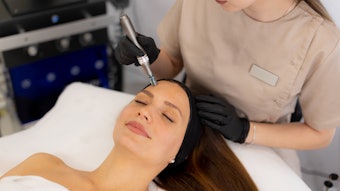
The question of who can legally perform a laser procedure is an important one. In most states, estheticians are expressly prohibited from firing lasers by the language of their practice act. Many states consider all laser treatments to be medical treatments, and given that estheticians are generally forbidden from performing medical treatments, it logically follows that estheticians cannot legally fire lasers.
However, like with most things in esthetic law, the truth is not simple or clear cut.
The myth of laser certification
Many professionals like to refer to themselves out as “certified laser technicians.” However, in most states there really is no such thing. Unlike other practice areas that have state-defined practice acts—estheticians and nurses, for example—the vast majority of states have not enacted any laws regulating who can fire lasers. So although it is true that you can obtain a certificate from a national laser school or from a laser manufacturer, those certificates do not provide authorization for you to legally operate a laser. Those certificates are merely pieces of paper generated by a private company stating that you’ve attended their particular program.
Although these courses provide valuable training on the operation of a laser, they don’t give you authorization by a particular state to operate a laser. That authorization can only come from the state itself.
Training and experience matter
Most states govern lasers the same way they govern all other medical treatments. A physician, nurse practitioner or physician’s assistant must first examine the client, determine a course of treatment and then delegate the treatment to others who are qualified to perform the treatment. Because most states have no laser certification statute, individuals who can operate lasers are those who, in the physician’s judgment, are property trained and experienced to do so.
Accordingly, it is vital that those wishing to operate lasers receive appropriate training on multiple modalities and the physics behind the laser, as well as the effect the treatment may have on clients’ basic anatomy, medical conditions, health history and skin type. Remember, laser services are medical services, which means they are treated the same as injectables. All delegation and supervision rules pertaining to medical treatments apply.
Lasers and estheticians
Most state practice acts forbid estheticians from performing medical treatments. And because most states qualify laser treatments as medical treatments, estheticians are often forbidden from firing lasers. But the truth is that most estheticians in medical spas are the ones firing lasers. In addition, many physicians believe that estheticians are well-suited to operate lasers and delegate laser treatments to them.
In many states, estheticians cannot fire lasers while operating as an esthetician, but can fire a laser while serving as a laser technician. So, in theory, the esthetician must take off their esthetician hat and put on their laser tech hat prior to treating a client, or risk breaking the law and losing their esthetics license.
If a state defines laser treatments as medical, an esthetician must not, under any circumstances, refer to themselves as an esthetician while firing a laser. Although this may seem like a futile exercise, using the proper vocabulary could protect your license.
Ignorance is never an excuse
As the industry continues to become more lucrative, state medical boards will increasingly target laser centers to ensure proper practices are being followed, and new regulations will be passed that change the landscape in which skin care professionals currently operate.
Alex R. Thiersch practices with Thiersch & Associates in Chicago, a law office that specializes in medical spa law, and serves as special counsel for the American Med Spa Association (AmSpa). He can be contacted at 312-981-0990 or [email protected].










